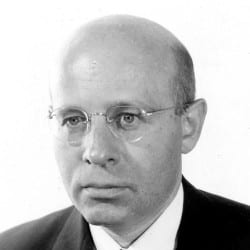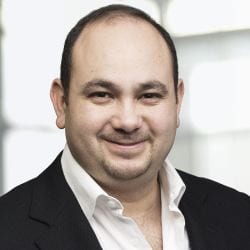
Field-Of-Study: Molecular and Cellular Biology

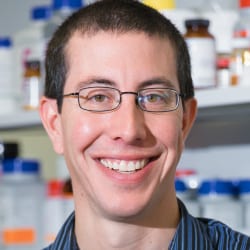
Joseph Thornton
Joe Thornton works at the interface of evolutionary and molecular biology. He resurrects ancient genes and then uses molecular experiments to dissect the mechanisms by which they acquired their present-day functions. After studying English literature at Yale University, Thornton spent a decade as an environmental activist, working with Greenpeace to stop global chemical pollution. He

Catherine Peichel
I am an evolutionary geneticist at the Fred Hutchinson Cancer Research Center in Seattle. My laboratory studies the genetic and genomic mechanisms that underlie evolutionary processes in a small fish, the threespine stickleback. In particular, work in my lab is focused on addressing three fundamental questions in evolutionary biology: (1) How and why do sex
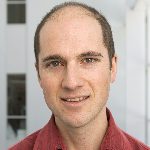
Adam Siepel
Adam Siepel is an Associate Professor in the Department of Biological Statistics and Computational Biology at Cornell University. Siepel works on problems at the intersection of computer science, statistics, evolutionary biology, and genomics. His research has touched on a diverse collection of topics, including the identification of recombinant strains of HIV, the discovery of new
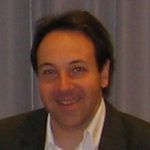
Gustavo Paratcha
Gustavo Paratcha received his M.Sc. in Biology (1992) and his Ph.D. in Biological Sciences (1997) from the University of Buenos Aires (UBA), Argentina. During his Ph.D. studies, his research focused on striatal synaptic changes underlying circling motor behavior. In 1997, he became a postdoc in Jorge Medina’s laboratory at the Institute of Cellular Biology and
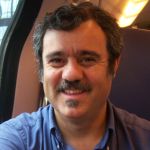
Mario D. Galigniana
Dr. Mario Galigniana was born in the Argentinean Western city of Mendoza, just at the foot of the Andes. At the age of four, while he played among vineyards surrounded by snowed mountains, he also learned how to read and write with the best instructor he could have, his own mother, who was a school
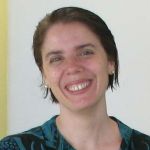
Patrícia T. Bozza
Patricia Bozza is a Senior Scientist at the Instituto Oswaldo Cruz, Brazil. Research in Dr. Bozza’s laboratory focuses on molecular and cellular mechanisms of leukocyte activation and generation of inflammatory mediators in host defense and other forms of inflammation. The main areas of investigation are the biogenesis and functions of lipid droplets in host pathogen-interactions;
Fernando Goldbaum
Fernando Goldbaum is the founder and head of the Laboratory of Structural and Molecular Immunology and a CONICET Principal Researcher at the Fundación Instituto Leloir in Buenos Aires; he is also vice president of that institution. His lab is currently using an interdisciplinary approach to four fields: studying the metabolism of flavins and oxygen sensing
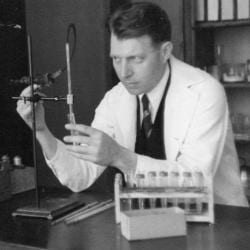
Junhyong Kim
Junhyong Kim is the Edmund J. and Louise W. Kahn Term-Endowed Professor of Biology and the Director of the Penn Genome Frontiers Institute at the University of Pennsylvania. After receiving his B.S. in microbiology from Seoul National University in Korea, he undertook his graduate studies in population genetics, mathematical phylogenetics, and evolution at SUNY Stony
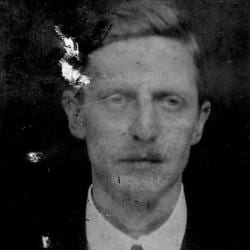
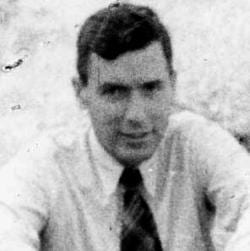
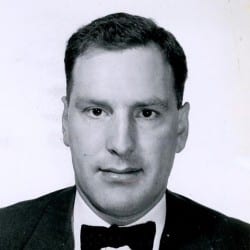
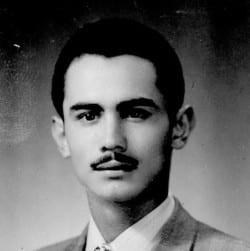
Harmen J. Bussemaker
Born in Hengelo, Netherlands, Harmen J. Bussemaker studied music (B.A., 1989) and theoretical physics (M.Sc., 1991, Ph.D., 1995) at Utrecht University. His doctoral research, supervised by M. H. Ernst, on the properties of certain mathematical models for simulating complex fluid flows produced a number of articles, including “Long-range correlations in lattice gas automata,” written with
